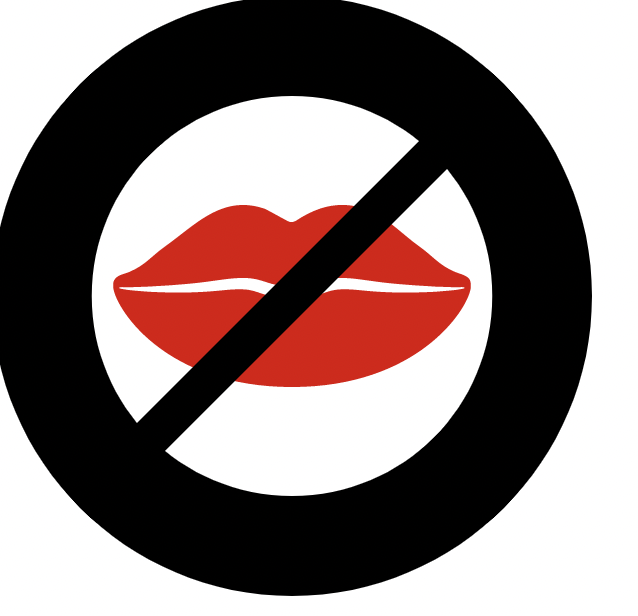The new civilian board appointed to oversee complaints against the San Francisco Sheriff’s Office is considering a sweeping policy that would prevent members from talking to the news media on a wide range of issues.

The policy, First Amendment advocates say, is not only bad policy but quite possible unconstitutional.
The policy states:
Sheriff’s Department Oversight Board (SDOB) Members shall not comment to the media on issues not voted upon and approved or rejected by the Board.
That means, potentially, that board members would be barred from discussing with reporters general issues involving Sheriff’s Department oversight and would prevent them from discussing items that are on an upcoming agenda.
“I’ve never heard of such a thing,” David Loy, legal director for the California First Amendment Coalition, told me. “It’s a huge problem, and there’s a very good chance it’s unconstitutional.”
Loy said that as a matter of policy, the gag order would undermine the idea of government transparency, and would also be a type of discrimination against the news media.
“You can talk to 20 of your friends about issues, but you can’t talk to the media? That’s a huge problem,” he said.
The policy also applies to social media:
Members shall not engage in social media discourse where an individual member’s opinion may be misconstrued to represent the position of SDOB as a whole. Members should also be mindful that any hint about a particular position on a pending vote could be a violation of the Brown Act or Sunshine Ordinance.
That’s a pretty broad statement; an opinion “may be misconstrued” could apply to almost anything anyone posts on social media. And an individual member taking a stand on a pending issue is by no means a violation of the Brown Act of Sunshine Ordinance. If it were, members of the Board of Supervisors, who regularly say they are for or against upcoming legislative proposals, would be in violation all the time.
The Brown Act and Sunshine Ordinance say that members can’t meet in advance of a hearing behind the scenes and decide what to do. But it has no impact on what an individual member can say.
The policy was on the agenda for the Feb. 3 meeting, but has been continued to March 3. If it passes, it could set a terrible precedent for local agencies.
I will keep you posted.




